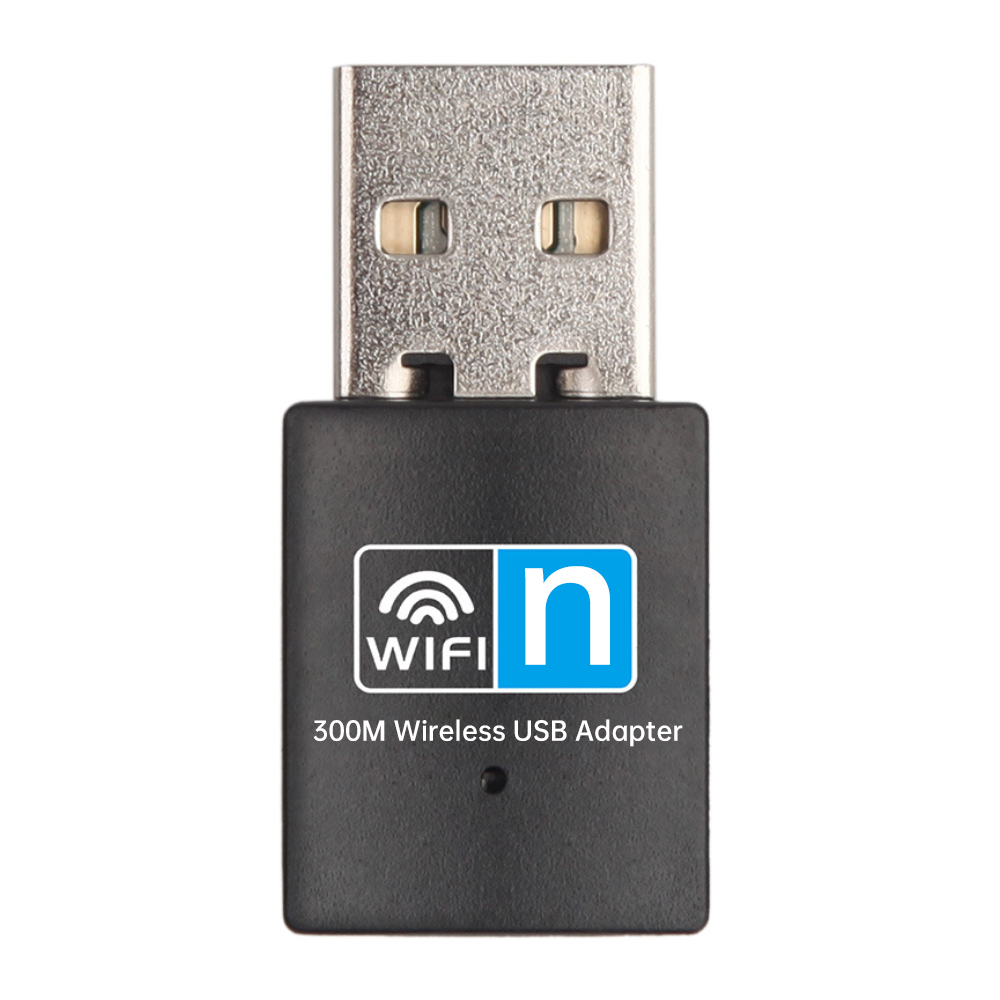In today's world, WiFi dongles have become an indispensable part of connectivity, enabling seamless access to the internet from a range of devices. They act as a bridge between our digital devices and the wireless networks, facilitating the exchange of data. The significance of WiFi dongles lies in their ability to provide flexible and efficient connectivity in a variety of settings, from homes and offices to public spaces.
WiFi dongles offer convenience and flexibility, as they allow users to connect to the internet without the need for physical wires or close proximity to a router. This flexibility is crucial in today's nomadic lifestyle, where people frequently switch between devices and locations. Whether it's at home, the office, or a coffee shop, WiFi dongles enable users to stay connected wherever they go.
Additionally, WiFi dongles support multiple devices simultaneously, enhancing their functionality even further. This feature is particularly useful in households or small businesses where multiple users may need to access the internet simultaneously.
WiFi dongles provide faster and more reliable internet connections compared to traditional wired connections. This is because they utilize radio waves for data transmission, allowing for greater coverage and fewer signal obstructions compared to wired connections. As a result, users can enjoy faster download and upload speeds, even when they are away from the router.
Moreover, WiFi dongles have become more reliable over time, thanks to advancements in wireless technology. Newer standards such as 802.11n and 802.11ac have improved signal stability and range, ensuring that users can stay connected even when moving around the house or office.
WiFi dongles are designed for ease of use, with most models featuring automatic connection features that simplify the setup process. Users can simply plug in the dongle, follow the on-screen instructions, and they are ready to go. This simplicity is particularly beneficial for users who may not have prior experience with networking or wireless devices.
Additionally, most WiFi dongles come with user-friendly software that allows for easy configuration and management of wireless settings. This software provides options for adjusting network names, passwords, and other advanced features, making it easy for users to customize their wireless experience.
Compared to wired internet connections, WiFi dongles offer a more cost-effective solution for connectivity. They require fewer materials and are easier to install, resulting in lower overall costs. Furthermore, by eliminating the need for cables and wires, WiFi dongles can save users money on wire replacement and installation costs in the future.
Moreover, as technology evolves, WiFi dongles are becoming more affordable, making them accessible to a wider range of users.
With the rapid pace of technological advancements, it's essential to stay up-to-date with the latest wireless standards to ensure optimal connectivity. WiFi dongles are designed to be future-proof, supporting emerging standards such as 802.11ax (Wi-Fi 6) and beyond. These new standards promise to deliver even faster speeds, better coverage, and increased efficiency, ensuring that WiFi dongles will remain relevant in the years to come.
By investing in WiFi dongles that are compatible with the latest standards, users can rest assured that their device will be ready for the future without the need for constant upgrades.
In conclusion, WiFi dongles have become essential for modern connectivity due to their convenience, flexibility, speed and reliability, ease of use, cost-effectiveness, and future-proofing capabilities. They have transformed the way we access the internet, enabling seamless connectivity from a range of devices in various settings. As we continue to rely more heavily on technology in our daily lives, WiFi dongles will remain a crucial component of staying connected in the digital age.
 Trolink Joint With Tuya to Make Iot Benefit Every Family
Trolink Joint With Tuya to Make Iot Benefit Every Family
 5 Key Indicators for WiFi Module Selection You Have to Know !
5 Key Indicators for WiFi Module Selection You Have to Know !
 IOT module is the brain of smart products
IOT module is the brain of smart products
 What is the signal coverage range of the WiFi module chip?
What is the signal coverage range of the WiFi module chip?